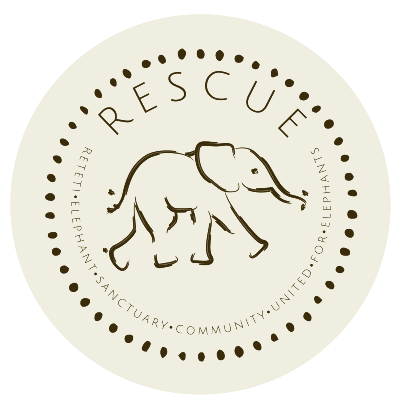Why are elephants orphaned?
One of the reasons – The Singing wells
For a great portion of Northern Kenya, the people and wildlife live side by side, sharing grasslands, forests, and water sources on community owned land.
Kenya has two rainy seasons and two dry seasons, during the dry seasons the nomad pastoralists dig in to dried out river beds know as a ‘lugga’ to find water for themselves and their cattle. If the dry season is particularly hash the holes in the sandy river bed get very deep. This is a way of survival for the nomadic people which has been part of their culture for hundreds of years and deeply imbedded in to their traditions.
This traditional way of collecting water is much more favourable to the pastoralists as the sand acts as a natural filter for the water (helps with prevention of water bourn diseases ) yet leaving it full of incredible minerals such as calcium, magnesium and potassium.
In the morning these wells are busy with the organised chaos of cattle bells, goats, camels, donkeys and people. In the evening it’s the wildlife’s turn to drink. A completely unique coexistence and silent understanding between man and beast.
When the elephants come to drink they some times lose balance whilst trying to reach down and scoop up a trunk full of water (the wells can be up to 8 men deep!) Resulting in small calves toppling in and not being able to get out.
The herd usually tries to get it out throughout the night and we have witnessed female herds chasing away hyena taking advantage of the vulnerable position the baby elephant is in. But by the time the sun begins to rise the next morning the cattle and people are starting to make their way to the wells for their turn at the deep watering holes. This in turn scatters the elephant who move on, leaving the baby behind.

